In April 2024, the Federal Trade Commission (FTC) approved a groundbreaking rule that would have prohibited most noncompete agreements with employees nationwide. This ban, scheduled for September 4, 2024, faced immediate legal challenges. Now, in a significant development, a federal court has blocked the rule, casting doubt on its future.
The FTC Ban
The FTC’s rule aimed to eliminate noncompete agreements nationwide, impacting an estimated 30 million workers. The rule also rendered existing noncompetes unenforceable for most employees after the effective date, with a notable exception for senior executives.
Senior executives, defined as those earning more than $151,164 annually and holding policy-making positions, were the only group excluded from the ban. These positions include roles such as:
- Company president,
- Chief executive officer or equivalent,
- Other officers with policy-making authority, and
- Any individual with similar authority to an officer.
Under the rule, employers could not establish new noncompetes with senior executives. While an earlier version of the rule proposed in January 2023 required employers to formally rescind existing noncompetes, the final rule mandated only that workers be notified that such agreements would not be enforced, except for senior executives.
Legal Challenges
The introduction of the FTC rule prompted several legal challenges. The first lawsuit, filed by a Texas tax services firm, was heard in the Northern District of Texas (Ryan, LLC v. Federal Trade Commission). The U.S. Chamber of Commerce and other industry groups supported the challenge. Additional lawsuits were filed in the Eastern District of Pennsylvania (ATS Tree Services, LLC v. Federal Trade Commission) and the Middle District of Florida (Properties of the Villages, Inc. v. Federal Trade Commission).
The Ryan case became the first to reach a decision. On August 20, 2024, the U.S. District Court for the Northern District of Texas ruled that the FTC had exceeded its authority and acted arbitrarily and capriciously in implementing the rule. Consequently, the court barred the FTC from enforcing the ban nationwide.
In contrast, other courts have issued different rulings. In July 2024, the U.S. District Court for the Eastern District of Pennsylvania denied a request to delay the rule’s effective date, stating that the challenge was unlikely to succeed. Conversely, on August 14, 2024, the U.S. District Court for the Middle District of Florida granted a preliminary injunction, but only for the plaintiff, not nationwide. However, the ruling in the Ryan case means that the FTC cannot enforce the ban unless it succeeds on appeal.
What’s Next?
The conservative U.S. Court of Appeals would hear any appeal by the FTC for the Fifth Circuit, known for its frequent rulings against President Biden’s policies. Although this court’s decisions are often reversed by the U.S. Supreme Court, the FTC may still face significant challenges, especially given a recent Supreme Court ruling that limits deference to federal agencies’ interpretations of laws.
The Bottom Line
The FTC’s noncompete ban is in legal limbo and will not take effect on September 4, 2024. However, noncompete agreements are still at risk of being challenged, particularly under antitrust laws. Despite the setback, the FTC has indicated that it remains committed to addressing noncompetes through individual enforcement actions.



